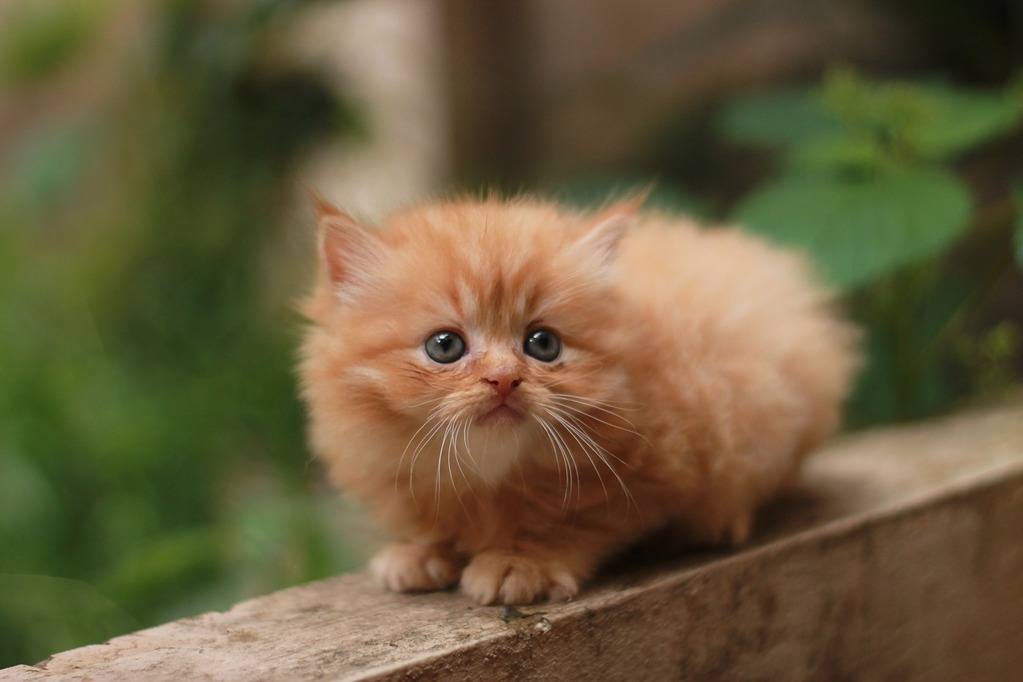Persian cats are a popular breed known for their long, luxurious coats and sweet, docile personalities. While they may be beautiful and affectionate pets, they are also prone to certain health problems due to their unique physical characteristics. In this article, we will discuss some common health issues that affect Persian cats and how you can prevent them. By being proactive about your cat’s health, you can help ensure that your furry friend stays happy and healthy for years to come.
Upper respiratory infections: Persian cats are prone to upper respiratory infections, also known as URI, due to their flat faces and shortened nasal passages. Symptoms include sneezing, congestion, and discharge from the eyes and nose. To prevent URI, keep your cat’s living area clean and well-ventilated, avoid exposing them to cold drafts, and consider getting them vaccinated.
Dental problems: Persian cats are also prone to dental problems due to their flat faces and crowded teeth. This can lead to tooth decay, gum disease, and even tooth loss. To prevent dental problems, brush your cat’s teeth regularly, provide them with hard toys and treats to chew on, and have their teeth checked and cleaned by a veterinarian regularly.
Eye problems: Persians are known for their large, round eyes, which can make them more prone to eye problems such as tear stains, eye infections, and eye injuries. To prevent eye problems, keep your cat’s living area free of dust and debris, and use a clean, damp cloth to gently wipe away any tear stains. If you notice any signs of an eye infection, such as discharge or swelling, take your cat to the vet as soon as possible.
Obesity: Like any cat, Persians can become overweight if they are not given enough exercise and fed a proper diet. Obesity can lead to a variety of health problems, including diabetes, arthritis, and heart disease. To prevent obesity, make sure your cat gets plenty of exercise and feed them a high-quality, balanced diet that is appropriate for their age and activity level.
Skin problems: Persian cats are prone to skin problems due to their long, thick coats. These problems can include allergic reactions, fleas, and mites. To prevent skin problems, groom your cat regularly to remove tangles and mats, and use a flea preventative. If you notice any unusual bumps or rash on your cat’s skin, take them to the vet to be checked out.
Feline lower urinary tract disease: This condition, also known as FLUTD, can cause inflammation of the bladder and urethra in cats. Symptoms include straining to urinate, blood in the urine, and frequent urination. To prevent FLUTD, make sure your cat has access to plenty of fresh water, feed them a balanced diet, and encourage them to exercise regularly.
Heart problems: Persian cats are prone to heart problems due to their small size and their tendency to gain weight. Symptoms of heart problems can include coughing, difficulty breathing, and a loss of appetite. To prevent heart problems, keep your cat at a healthy weight and have them checked by a veterinarian regularly.
Kidney problems: Persian cats are also at risk for kidney problems due to their small size. Symptoms of kidney problems include increased thirst and urination, weight loss, and vomiting. To prevent kidney problems, feed your cat a high-quality diet that is appropriate for their age and activity level, and make sure they have access to plenty of fresh water.
In conclusion, Persian cats are prone to a variety of health problems due to their unique physical characteristics. To keep your Persian cat healthy, it is important to provide them with regular exercise, a balanced diet, and proper grooming and dental care. If you notice any unusual symptoms or changes in your cat’s behavior, take them to the vet as soon as possible for a check-up. By being proactive about your cat’s health, you can help prevent many common health problems and ensure that your furry friend lives a long, happy life.





